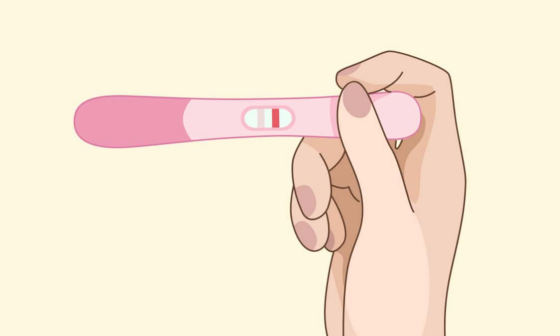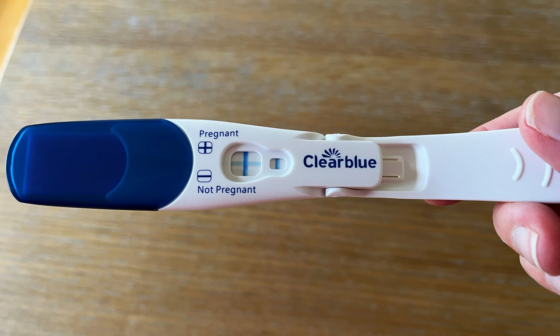Pregnancy is a time filled with anticipation, joy, and numerous questions, especially about intimacy. One common query many couples have is whether rough intercourse is safe during pregnancy. This article delves into what expecting parents need to know, addressing the question of Is It OK to Have Rough Intercourse During Pregnancy, safety, risks, and expert-backed advice
Understanding Pregnancy and Sexual Intercourse
Pregnancy brings significant physical and hormonal changes to a woman’s body. These changes can affect energy levels, libido, and physical comfort. While most couples can continue sexual activities during pregnancy, it’s crucial to understand how these changes might impact comfort and safety. Consulting with healthcare professionals is always recommended to ensure safe practices.
Safety of Sexual Intercourse During Pregnancy
For most healthy pregnancies, sexual intercourse is safe. However, the type and intensity of sexual activity may need adjustments based on the trimester and individual circumstances. During pregnancy, the baby is protected by the amniotic sac, placenta, and the strong uterine muscles. These natural barriers help shield the baby from most activities, including intercourse.
Each trimester presents different challenges:
- First Trimester: Morning sickness, fatigue, and hormonal shifts can affect libido and comfort levels.
- Second Trimester: Increased blood flow may boost arousal and ease discomfort, making it a comfortable period for intimacy.
- Third Trimester: Physical limitations due to the baby’s size may require modified positions to ensure comfort.
What is Rough Intercourse?
Rough intercourse involves more intense or forceful sexual activity compared to standard intercourse. This can include practices that may be rougher in nature but remain consensual. It’s important to distinguish between consensual rough intercourse that prioritizes safety and any acts that might cause harm. During pregnancy, sensitivity to any potential risks is paramount.
Risks and Precautions to Consider
While sexual activity is generally safe during pregnancy, rough intercourse can pose certain risks. These may include:
- Preterm Labor: Forceful actions could potentially trigger early labor in at-risk pregnancies.
- Placental Abruption: A rare but serious condition where the placenta partially or completely detaches from the uterus.
Signs that may indicate a problem include:
- Vaginal Bleeding
- Severe Cramping or Pain
- Unusual Discharge
If any of these occur, it’s essential to contact a healthcare provider immediately.
Precautionary Measures:
- Maintain open communication to ensure comfort and avoid pain.
- Use modified positions that reduce pressure on the abdomen.
- Stay attentive to any discomfort or unusual symptoms during or after intercourse.
Communication and Consent
Open and honest communication is vital for any couple, especially during pregnancy. Discussing boundaries, comfort levels, and any concerns ensures that both partners are on the same page. Consent and mutual understanding are key to maintaining trust and a positive experience.
When to Seek Medical Attention
There are certain warning signs that indicate the need for immediate medical attention:
- Heavy Vaginal Bleeding
- Severe or Persistent Pain
- Contractions or Signs of Preterm Labor
- Any Sudden Changes in Movement of the Baby
If any of these occur, seeking prompt medical guidance is crucial.
In most cases, intimacy during pregnancy is safe and can be a healthy part of a relationship. However, it is essential to prioritize safety, adjust activity as needed, and communicate openly. Every pregnancy is unique, so consulting with a healthcare provider for personalized advice is highly recommended.
FAQs Section
- Can rough intercourse cause harm to the baby?
For most healthy pregnancies, intercourse does not harm the baby, but it’s important to be cautious with intensity. - Is it safe to engage in different sexual positions during pregnancy?
Yes, but positions should be chosen with comfort and safety in mind, especially as the pregnancy progresses. - What should I do if I experience discomfort or pain during intercourse while pregnant?
Stop the activity and consult your healthcare provider to rule out any complications.
Always prioritize communication and safety. If there are any concerns or unusual symptoms, reach out to your OB/GYN for guidance. Remember, maintaining a healthy and consensual approach is key to a safe and fulfilling experience during pregnancy.






